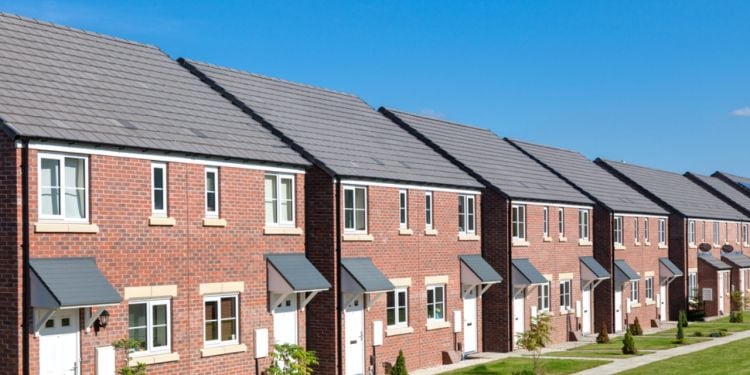
Becoming a homeowner or investing in a buy-to-let property may have crossed your mind as you consider moving to London or have already lived there as an expat for some time. Either way, purchasing real estate in London will require thorough research, guidance from a legal representative, and a substantial sum of money.
Before the purchase of property in London
Property in London is an attractive investment. However, before you invest your time (the process may take up to three months) and money in it, consider the reason for your purchase.
Has London's diverse, fun, and businesslike personality won your heart? Has the city become your second home? Or do you see real estate in London merely as an investment opportunity? Defining your goals will help you choose the right property.
Then, consider the area of your property. London's outskirts are more affordable, and houses there are spacious. However, travel time to central London is long, often not hassle-free and expensive.
About Stamp Duty Land Tax
It's essential to understand the additional costs of your purchase, such as taxes. If you buy a home in England worth more than £125,000, you must pay Stamp Duty Land Tax (SDLT).
Since April 2025, there have been important changes to how much Stamp Duty Land Tax (SDLT) you pay. SDLT applies when you buy a property that costs:
- £125,000 for residential properties.
- £300,000 for first-time buyers buying a residential property worth £500,000 or less.
- £150,000 for non-residential land and properties.
If you're buying an additional property (like a buy-to-let or a second home), an additional 5% surcharge applies on top of the standard rates for properties worth £40,000 or more.
Planning your purchase
Lastly, create a payment plan and define the payment method(s) you will use. For many, paying cash is an option, whereas for others, the only way to become owners is to borrow money from the bank.
Important:
You won't be able to buy a home in London unless your residency status is in place.
The property purchase in London
Once you have made your offer to the seller (or their estate agent), they must draw up a legal contract, transferring the ownership of the property to you.
Remmber that no matter how much money you pay upfront, and regardless of the discussions and promises between you, the seller, or your estate agents, no offer is legally binding until both sides have signed and exchanged the contracts. If you or the seller decides to pull out later, the other side is entitled to compensation.
The final steps are simple. They include emptying the property, the departure of the previous tenants or owners, and the handover of the keys to you.
Useful links:
Stamp Duty Land Tax, GOV.UK guide
Key points about buy-to-let properties in London
Buy-to-let properties can bring a regular income. However, here are essential considerations to remember:
Deposits and mortgages
- Buy-to-let mortgages typically require a minimum deposit of 25% of the property value (some lenders may accept 15%, but 25 to 40% is standard).
- Buy-to-let mortgages are usually more expensive than residential loans with higher interest rates.
- Lenders typically require rental income to be 125 to 145% of the mortgage interest repayments.
Additional considerations
- Stamp Duty: Remember the 5% surcharge on additional properties worth £40,000 or more.
- Ongoing costs: Factor in maintenance, insurance, agency fees and potential void periods.
- Tax implications: Consider income tax on rental income and potential capital gains tax on sale.
- Regulations: Stay informed about landlord regulations, safety requirements and tenant rights.
London's property market nowadays
As of 2025, the average London house price is approximately £659,000, whereas the average house price in the UK is just £272,000. The average London monthly rent sits around £2,253 at the moment, which is up from £2,130 in 2024.
London's property market has demonstrated modest growth in 2025, with prices showing more stability compared to the volatility seen between 2016 and 2020. The market has matured with the following characteristics:
- Property prices in London remain significantly higher than the UK average.
- The rental market continues to show strong demand, with consistent year-on-year rental growth.
- Markets with lower average prices (under £200.00) are seeing the fastest growth nationally.
- High-value areas (over £500,000) are experiencing slower price growth.
Therefore, London remains a premium market. The city's status as a global financial hub, combined with housing supply constraints, continues to support property values despite periodic market fluctuations.
We do our best to provide accurate and up to date information. However, if you have noticed any inaccuracies in this article, please let us know in the comments section below.








